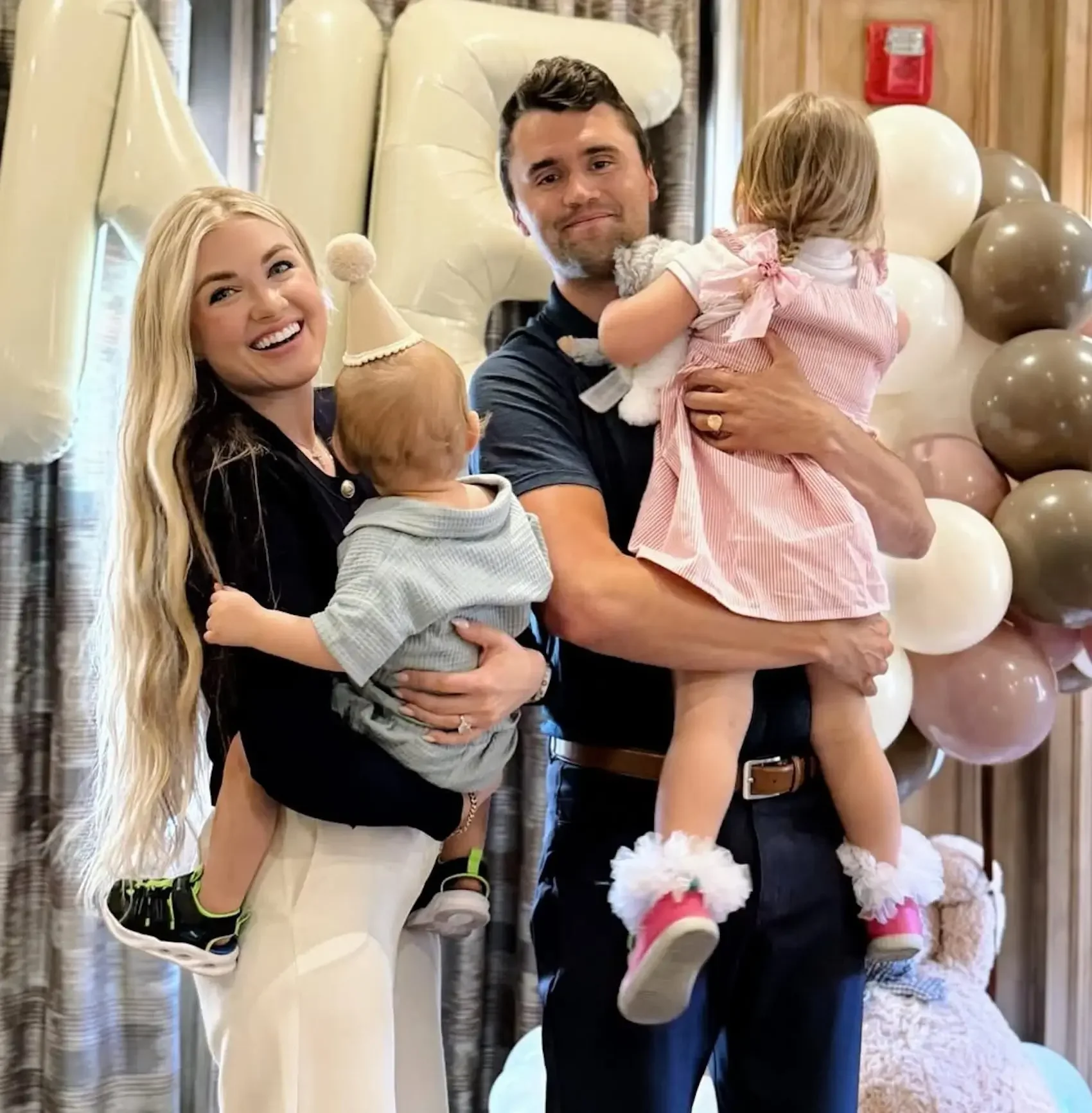Next Man Up: A Reflection on Charlie Kirk
I first met Charlie Kirk when he was really just a young man. It was a gathering of conservative donors, and Charlie was there making his pitch for TPUSA. My oldest daughter was with me, and I remember thinking, I'm glad my daughter is here to meet this young man. At the time, I thought he was way over his skis—but I admired his ambition. His smile and gentle eyes were endearing, and he had the disposition of someone raised by very good parents.
He wasn't over his skis. And I imagine the trajectory of his success must have been startling even for him and his family. I would see him at events over the years, always surrounded by admirers. We met from time to time, and I had the privilege of speaking at a TPUSA event where my book The Great Campaign Against the Great Reset was used for a summer essay competition.
He's younger than two of my children, yet I saw him as a peer—and eventually as someone I looked up to. I was not one of those conservatives in his inner circle, but I had the privilege of being in his orbit. And every time I saw him, it struck me as strange and a little startling the way he called me "Mr. Jones."
The sad truth we learn from our faith is that this life is both beautiful and sorrowful. Christian apologetics can help us answer the problem of pain, explain the mystery of evil when it is in the distant past or a world away. But when tragedy hits close to home, those explanations often offer little comfort.
In the shadow of Charlie’s passing, a generation of young Americans has lost a prophet of civility and hope rooted in the Gospel of Jesus Christ. What words can we offer them for comfort?
Today, my conservative friends have been calling all day, sharing Charlie stories. Everyone’s heart is broken—for Charlie and his family and for the generations of young Americans who are seeing only increasing ugliness in the political life of our country.
But I also received a call from a friend in Hollywood, someone I love like a sister. When she marched with BLM, I called her and begged her to go home—that it was dangerous. She laughed and said, "Don’t believe the news. It’s beautiful—families singing and dancing. It’s like a BBQ. It’s only late at night when those kids in ski masks show up. We leave before sunset."
When I was a speaker at J6, she called me too: "Go home! It's dangerous out there. You're going to get killed." I replied, "It's beautiful. So many people from different backgrounds. I've never seen such a diverse crowd at a political event."
She called me today. Her heart was broken for Charlie’s family. For our country. Of all my friends, she seemed the most genuinely shaken.
My friend Mikki asked me, "Jason, what do we do now?"
I don't know what others should do, but as for me, I'm going to double down on my struggle for personal holiness. To be kind and gentle. I will pour into my children and grandchildren. I will try to surround them with beauty and joy, regardless of the ugliness and despair in the world. To serve my family and my community. To live a sacramental life in the Church and strive to remain in a state of grace. To pray for God's mercy and grace—not to be swept away by the enthusiasms of hatred and violence.
To comfort the lonely, feed the hungry, and stand with the outcast.
To be respectful to those who hate me.
In other words, I will strive to be a man like Charlie Kirk.


